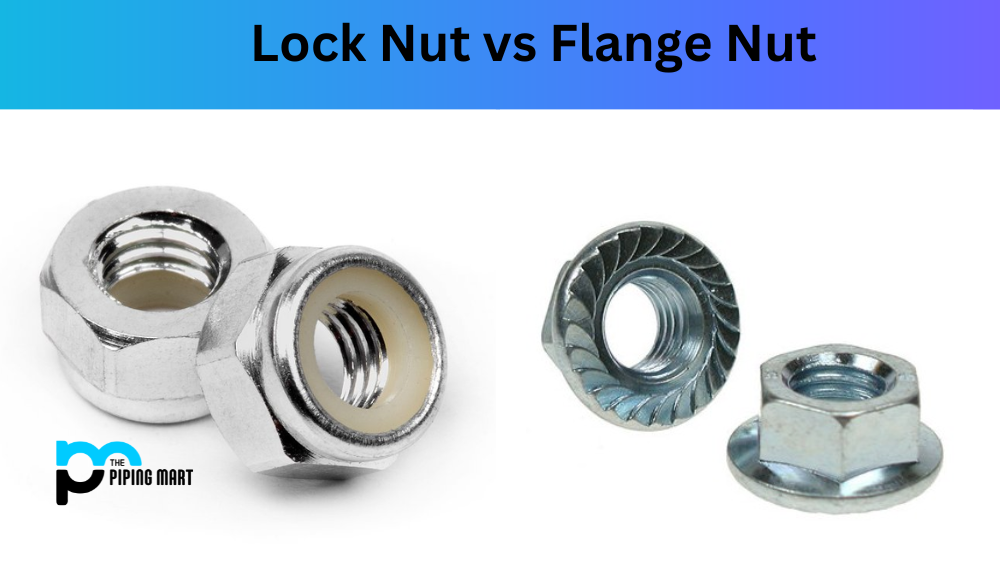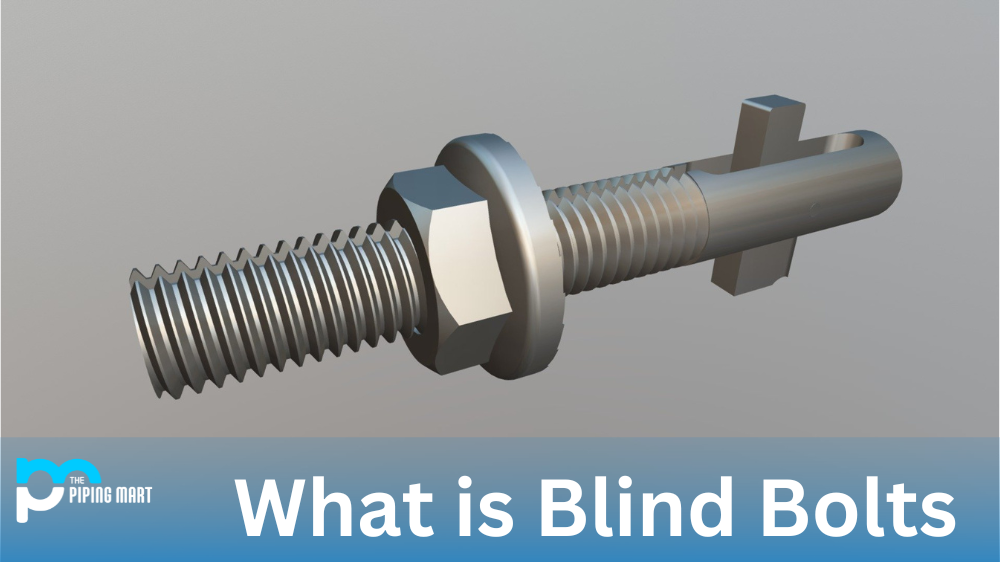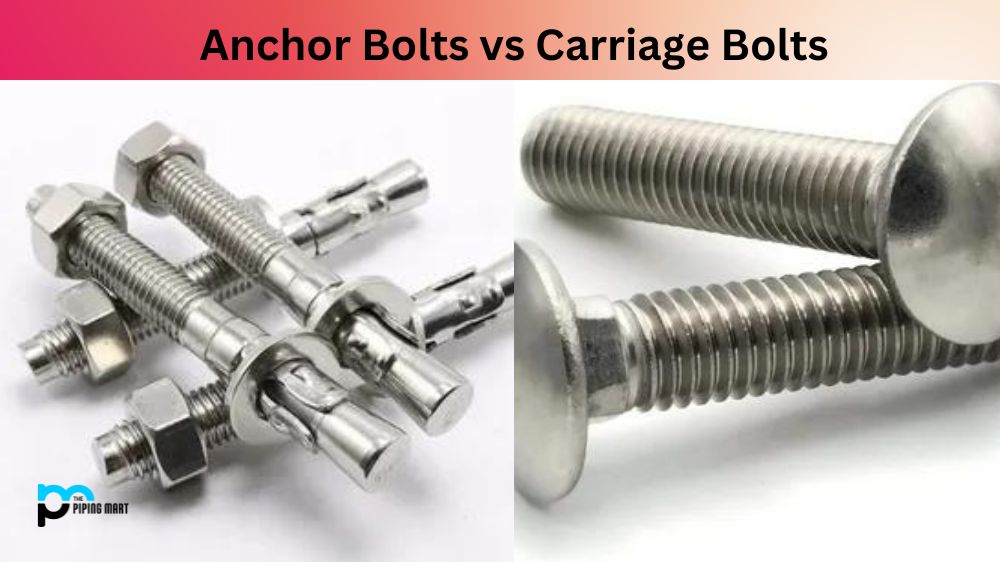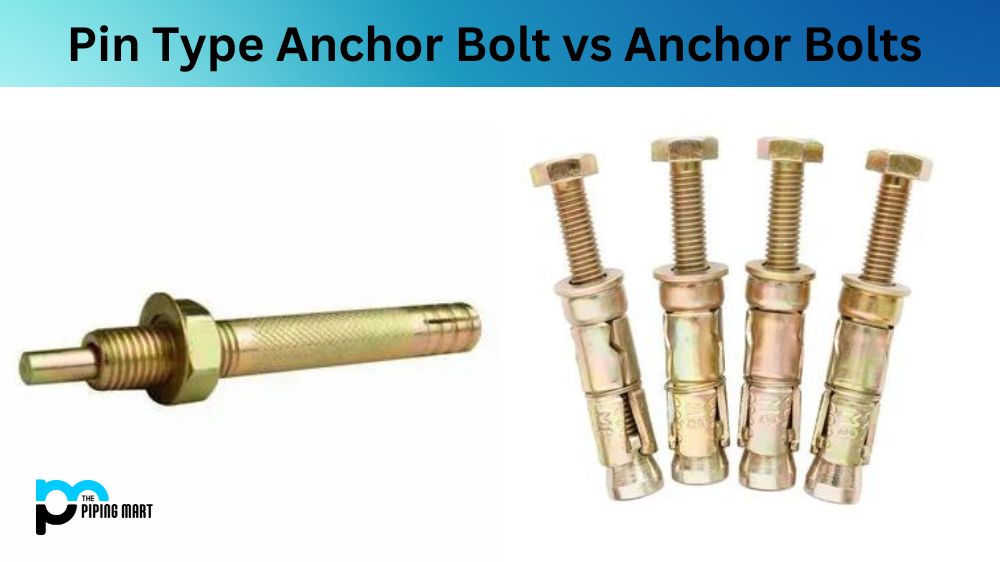Have you ever been to a hardware store and noticed that there are two types of nuts available for purchase? If so, you were probably looking at lock nuts and flange nuts. While both options are fairly similar in appearance, they have some distinct differences. Let’s take a look at what those differences are and when each type of nut is best used.
Lock Nut
Lock nuts are designed to stay put after they’ve been tightened. They come with several features that help them stay in place, such as nylon inserts or metal tabs that secure the nut against the material it’s fastened on. This makes them ideal for applications where vibration could cause traditional nuts to become loose over time. Lock nuts can also be used with hard-to-reach bolts since no additional tools are needed to keep them secured.
Flange Nut
Flange nuts are also designed to remain secure while in use, but they do so differently than lock nuts. Instead of relying on an inner mechanism, flange nuts feature a built-in washer at the end that helps keep them tight against whatever it is they’re attached to. This makes them better suited for applications where vibration isn’t a factor because the washer will ensure that the nut remains firmly in place even after years of use. Additionally, because flange nuts don’t require any additional installation steps or tools, they can be used on larger bolts that would otherwise be difficult to reach with other kinds of fasteners.
Difference Between Lock Nut and Flange Nut
- A lock nut is a type of nut that is designed to prevent vibration from loosening the nut.
- A flange nut is a type of nut that has a built-in washer that helps to distribute the load evenly.
- Lock nuts are typically used in applications where there will be a lot of vibration, such as in automotive or machinery applications.
- Flange nuts are typically used in applications where a smooth, finished look is desired, such as in furniture or cabinetry applications.
- Lock nuts are available in a variety of materials, including steel, brass, and nylon.
- Flange nuts are available in a variety of materials, including steel, brass, and nylon.
Conclusion:
When trying to decide between using a lock nut or flange nut for your project, it’s important to consider what kind of application you need it for and how much vibration may occur once it has been installed. Locknuts are best for projects where vibration could cause more traditional fasteners to become loose over time, while flange nuts work well when vibration is not a factor since their built-in washers provide extra security without needing any additional tools or steps during installation. No matter which option you choose, both can help ensure your projects remain secure long after they have been installed!

Pipingmart is a B2B portal that specializes in metal, industrial and piping items. Additionally, we share the latest information and information about materials, products and various types of grades to assist businesses that are involved in this business.




